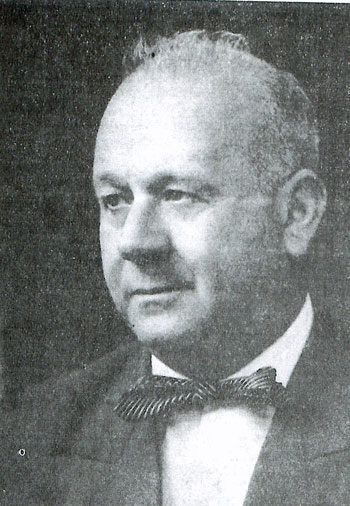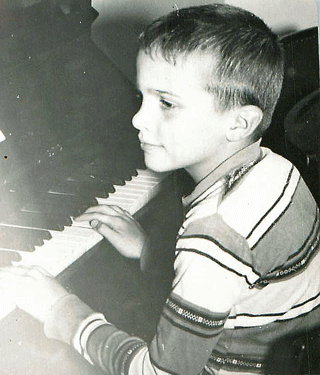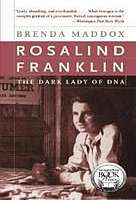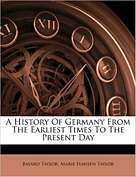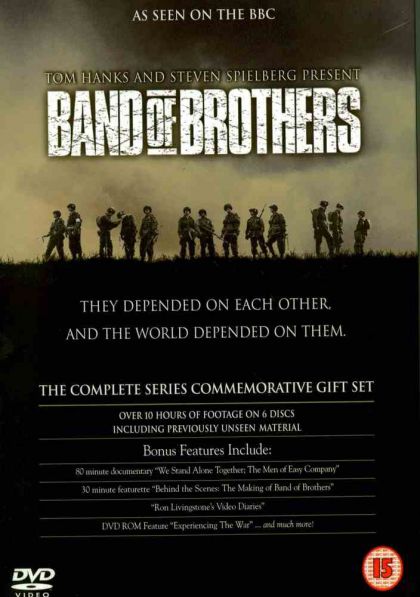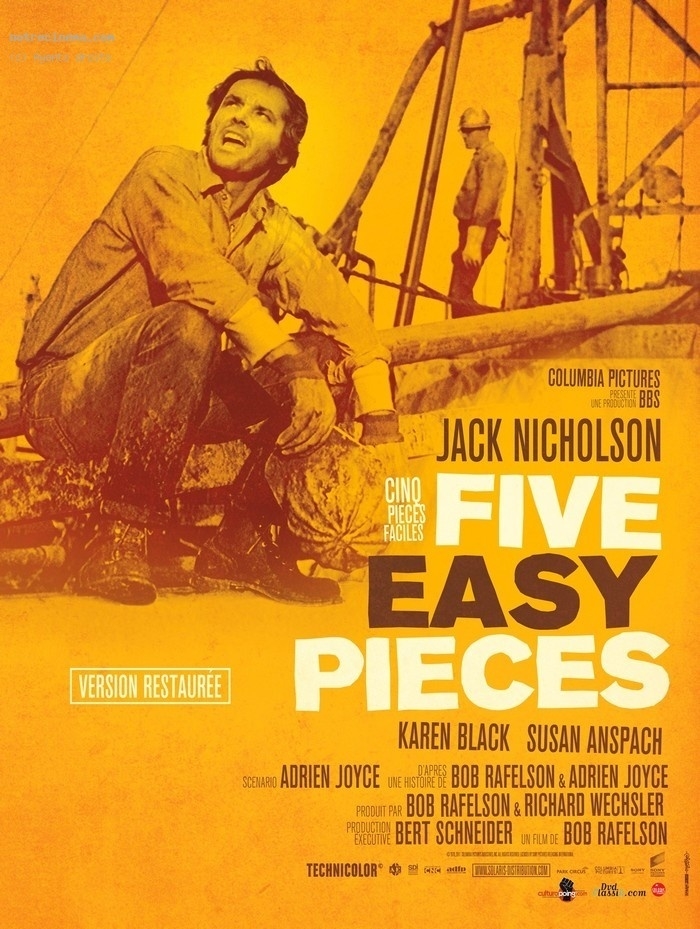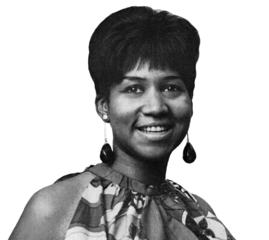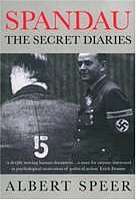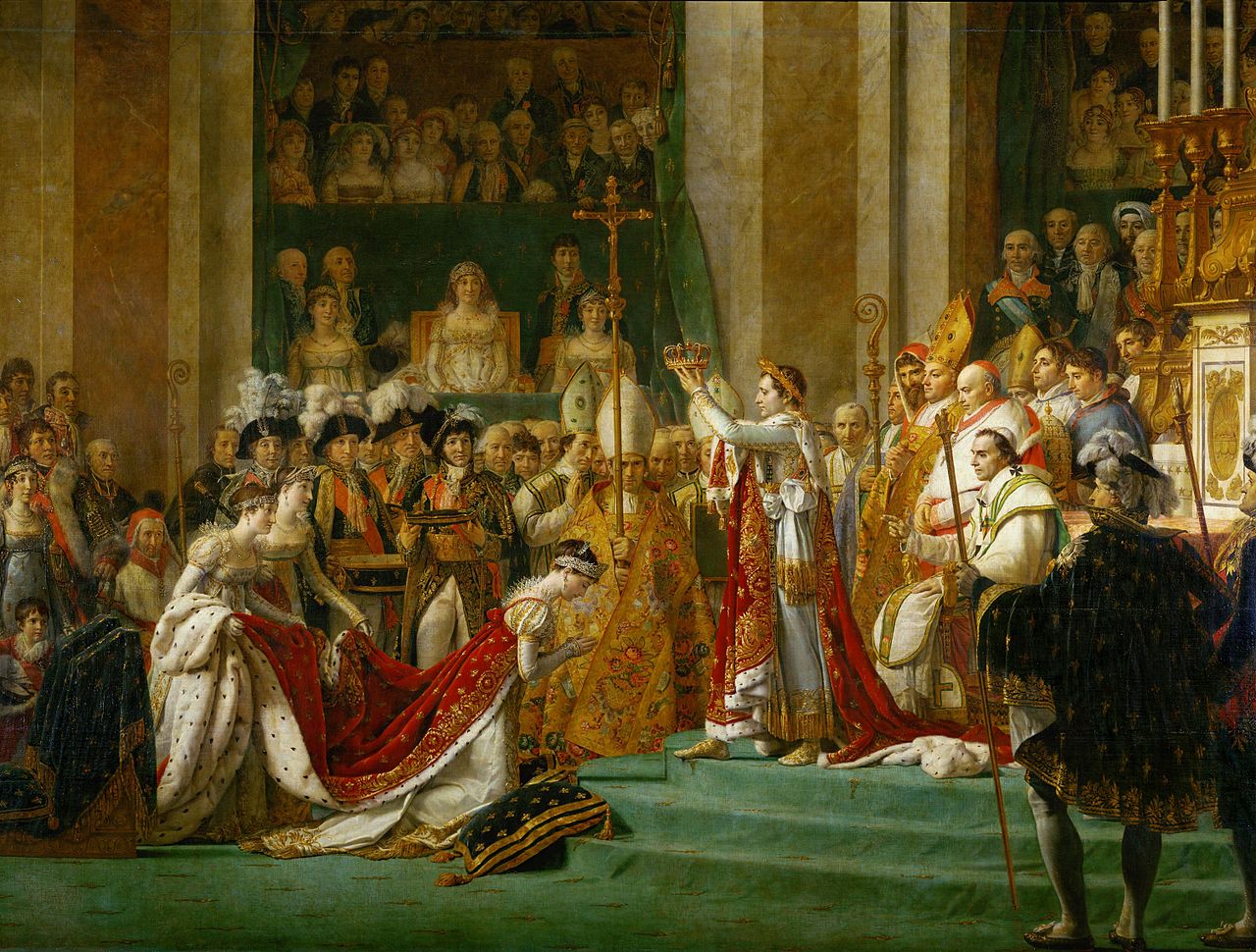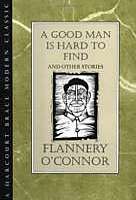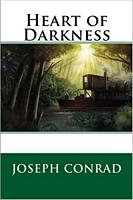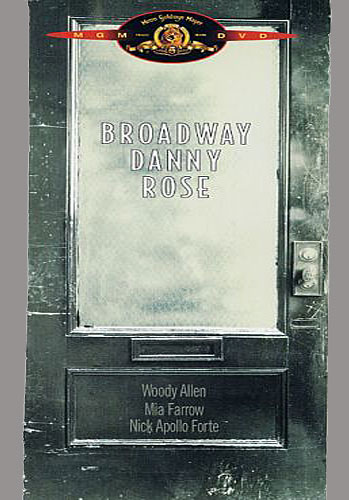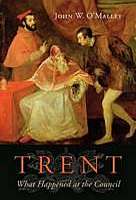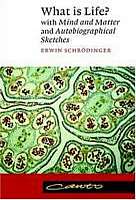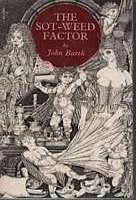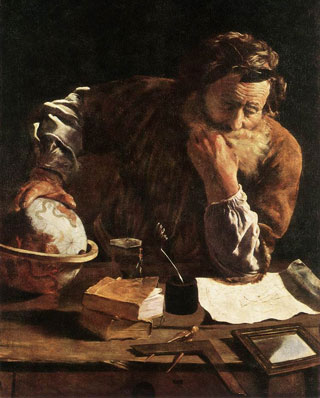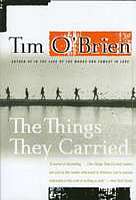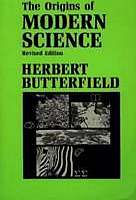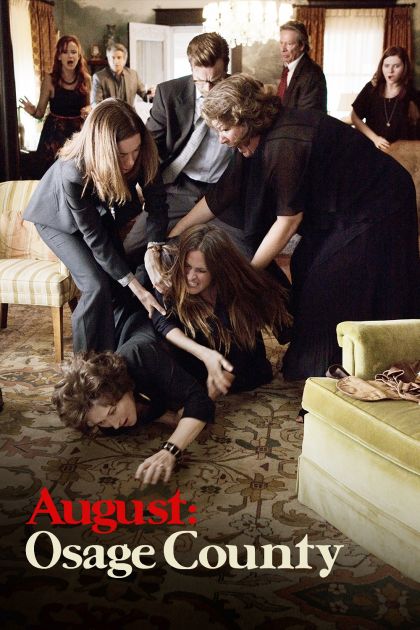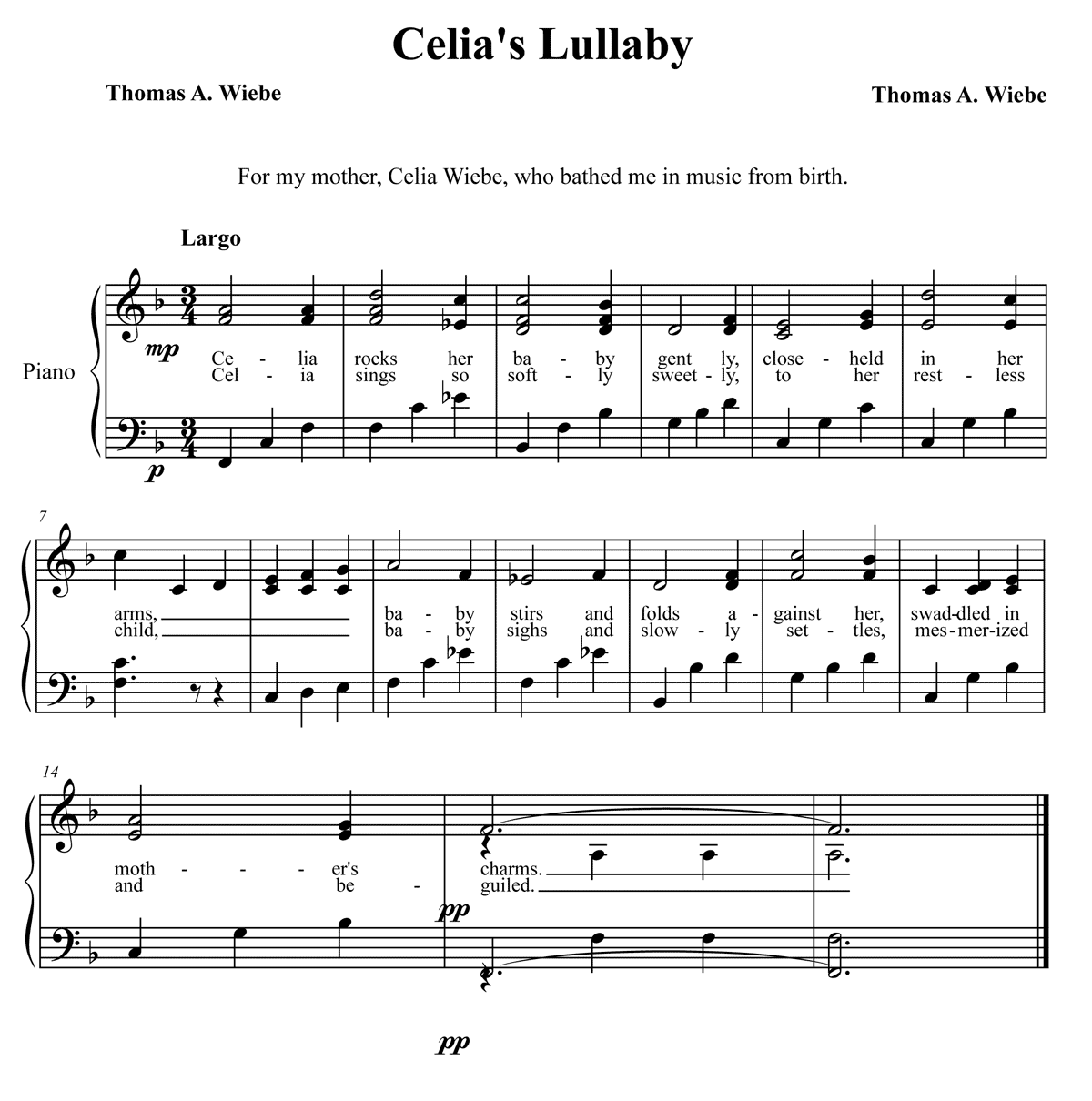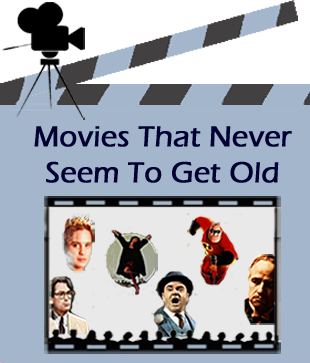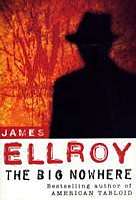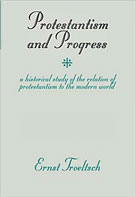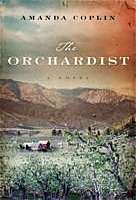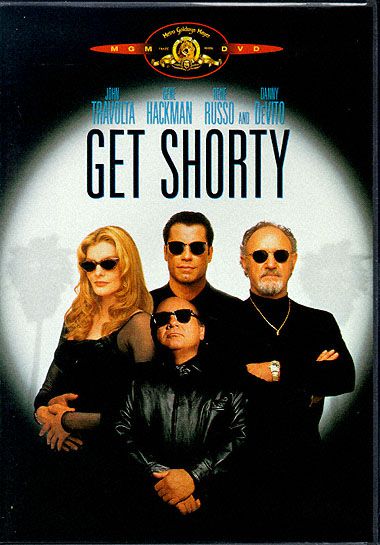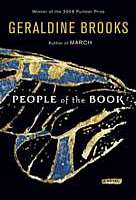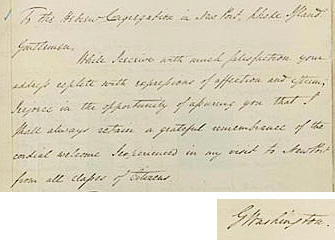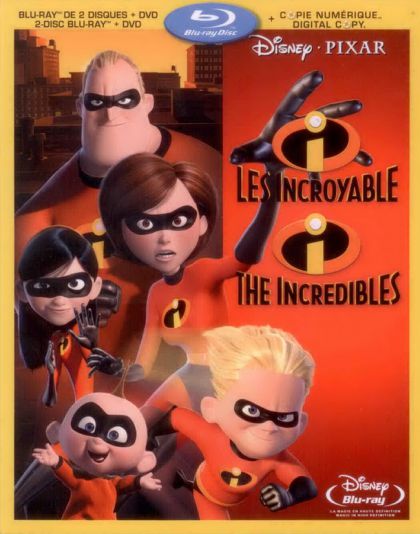 Arts
Arts
Music man
Rediscovering Heinz Clar, Kapellmeister in Bad Kreuznach, Germany, my first piano teacher, as well as my sister Barbara’s.The joy of making music
Growing up, we often sang together as a family while on long trips in the car, my parents taking the lead, giving their children the gift of singing freely. My mother loved music, particularly classical music, and she was determined that all of her children would get a sound musical education.The Dark Lady of DNA
Rosalind Franklin made critical contributions to the discovery of DNA's structure, yet was not awarded the Nobel. Why not? Rank villainy? Maddox's masterful recounting lays out the complex tale.
fin de siècle German optimism
This is the first history of Germany I have read since the mid-1970's. It is nearly a complete history, stopping in 1883, ten years after it's author died. (his wife extended the history 14 more years in a subsequent edition.) An American writer, Bayard Taylor was most well-known for his travel writing, but was also a poet and a historian. His history reads easily, as might be expected from a writer of popular travel accounts, and is reasonably complete.
Weebcentral Library
A list of the books in the personal library of the Oregon Scribbler.Pocket Review, Title Diner, Studio Metro-Goldwyn-Mayer, Rating 4.5,
Diner: A movie that never gets old
Diner immediately draws you into a group and a world as if you had always belonged there. After high school, a group of guys continue to meet regularly at their favorite Diner to shoot the shit. They are more comfortable in each other's company than they are with their girlfriends.
Pocket Review, Title Band Of Brothers, Studio HBO, Rating 5.0,
Band of Brothers: A movie that never gets old
Band of Brothers is intimate, sobering, and gives some sense of the bonds formed in war by soldiers facing death together. It is an account of a cohort of U.S. airborne troops, beginning with their training through their World War II combat experiences in Normandy, Holland, the Ardennes Forest, Alsace and Bavaria, culminating in the post-war occupation of Bavaria and central Austria. This is the best war movie ever made.
Movie Review, Title Five Easy Pieces, Studio Columbia TriStar, Rating 3.0,
Is truculence alienation?
The movie Five Easy Pieces was all the rage when it was made, a tale of alienation in a time when many fancied themselves agents of great change, so I decided to finally watch the whole thing, having only seen the famous chicken sandwich scene. Jack Nicholson's performance was excellent. The film, alas, for me, was too psychologically brutal to enjoy, and left me wondering what the point was.
American Soul
Aretha Franklin recently sang at the Kennedy Center Honors tribute to Carole King, reprising the song Carole wrote for her, A Natural Woman. The performance was glorious, and drew tears from the President, as well as from myself as I watched and listened to it later on video. Obama said of Aretha afterwords: 'Nobody embodies more fully the connection between the African-American spiritual, the blues, R. & B., rock and roll—the way that hardship and sorrow were transformed into something full of beauty and vitality and hope. American history wells up when Aretha sings.'The smartest Nazi
Albert Speer, Hitler's personal architect and Reich Armaments Minister, kept a diary while he was in Spandau prison following his conviction at the post-war Nuremburg trials. These diaries provide a fascinating, hooded glimpse of the 'smartest man' in the Nazi leadership. At least, smart enough to evade the death penalty at the Nuremberg Trials.
Napoleon
 Napoleon: A Life, by Andrew Roberts. My early view of Napoleon was as a cartoon figure: A megalomaniac who tried to take over the world. I recall looking down at Napoleon's tomb in Paris in the company of my brother Craig, the two of us mocking his immense sarcophagus and elaborate surroundings, wondering aloud why the French would semi-deify such a bloody tyrant. The typical American republican conceits aside, we were woefully uninformed about much of the life of Napoleon.
Napoleon: A Life, by Andrew Roberts. My early view of Napoleon was as a cartoon figure: A megalomaniac who tried to take over the world. I recall looking down at Napoleon's tomb in Paris in the company of my brother Craig, the two of us mocking his immense sarcophagus and elaborate surroundings, wondering aloud why the French would semi-deify such a bloody tyrant. The typical American republican conceits aside, we were woefully uninformed about much of the life of Napoleon. A good man cannot be found
Within Flannery O'Conner's short story collection, A Good Man is Hard to Find and Other Stories, a good man is not just difficult to find, but impossibly so. Thank God I am not Flannery O'Connor. I would not trade her ability to tell a story, and she was uncommonly good in some ways, for her brutal and dismissive view of the world. Harshness, of circumstance and character, formed her viewpoint; what is also redeeming found little place in her stories. It appears in O'Connor one can only find redemption outside of humanity, and that is dispensed grudgingly, with the great violence of the Old Testament God.
Heart out of darkness
In Joseph Conrad's classic novella, Heart of Darkness, the sailor Marlow serves as the author's version of Coleridge's Ancient Mariner, compelled to tell his story of conscience to whatever audience he finds. The story he tells is indeed dark, and indeed about the heart, albeit mostly the lack thereof. Conrad takes apart the European colonial enterprise, particularly the carving-up of Africa in the nineteenth century, and strips bare all of the tales of adventure from those times and places, along with the high-flown language of imperialism which was used to mask the utter barbarity of the undertaking.
Pocket Review, Title Broadway Danny Rose, Studio MGM/UA, Rating 4.5,
Broadway Danny Rose: A movie that never gets old
The top of my Woody Allen movie list is reserved for Broadway Danny Rose'. The movie opens with a scene at the Carnegie Deli, with a bunch of (actual) Borscht Belt comedians swapping stories on a lazy afternoon, and one of them begins to tell Danny's story. Danny is a very small-time theatrical agent in New York City, kind of the Charlie Brown of agents, who never seems to get a break. He works his butt off for small-time acts: Balloon folders, waterglass musicians,one-legged tap-dancers, stuttering ventriloquists, and the like.
Trent: Too little, too late
Trent: What Happened at the Council, is a well-researched and well-told history of the Council of Trent, the mid-sixteenth-century Counter-Reformation centerpiece which produced the Catholic Church's response to the Protestant Reformation. This acount is carefully grounded in the complex politics of its times, placing the history of the Council in the balance- of-power tug-of-war, not just between reform movements within and without (Protestants) the Church, but among the nascent Ottoman Empire, the English Reformation, the Holy Roman Empire, the Papal States and the French monarchy.
The physical sublety of life
I recently re-read portions Erwin Schroedinger's amazing little book What is Life?, which was a post-war stimulus for a number of physicists to switch from physics to biology and look hard for a physical understanding of living organisms.
Did Vermeer do it with mirrors?
 In his book Secret Knowledge: Rediscovering the Lost Techniques of the Old Masters, painter David Hockney has suggested that Vermeer and other hyper-realistic painters like Caravaggio used optical projection techniques to assist in the production of their startlingly real paintings. This has been met with a good deal of skepticism in the art world, in particular because the means and tools for the technique are not forthcoming.
In his book Secret Knowledge: Rediscovering the Lost Techniques of the Old Masters, painter David Hockney has suggested that Vermeer and other hyper-realistic painters like Caravaggio used optical projection techniques to assist in the production of their startlingly real paintings. This has been met with a good deal of skepticism in the art world, in particular because the means and tools for the technique are not forthcoming. If I ruled the world
The old high school essay theme, "If I Ruled the World," endures long after the writing struggles of adolescents fade into adulthood. My current response is simple:
If I ruled the world,
I would step down;
one less autocrat,
one less crown.Resident artist gallery
View a gallery of art pieces created by our resident artist, Cindy Wiebe.Resident artist
My wife Cindy, for as long as I have known her, has gladly shared her artistic temperament. She is an accomplished singer, painter, and decorator, and has adorned our lives with the beauty of her creations, some evanescent, many more corporeal.
Candide in Maryland
The Sot-Weed Factor is a satirical tour-de-force with so much going on that I could hardly follow it all. The style is bawdy, witty, and often funny, a full-fledged imitation of a 17th century novel, complete with the full English vocabulary of the times, which by itself is a welcome challenge to parse. It has been described as a picaresque novel, and the main character is Eben Cooke, an over-educated and under-employed poet and virgin, a Candide-like character constantly bewildered by the world, swept along by events, too curious to make a decision about anything.
Why read history?
Adam Gopnik recently asked: Does it help to know history? Here is the first part of his answer:The best argument for reading history is not that it will show us the right thing to do in one case or the other, but rather that it will show us why even doing the right thing rarely works out. The advantage of having a historical sense is not that it will lead you to some quarry of instructions, the way that Superman can regularly return to the Fortress of Solitude to get instructions from his dad, but that it will teach you that no such crystal cave exists. What history generally “teaches” is how hard it is for anyone to control it, including the people who think they’re making it.
The full essay can be found here.
The burden of combat
O'Brien's Vietnam combat experience and facility as a writer helped to illuminate the pervasive fear he and other combat veterans experienced, and the resulting distortions it had on their behavior. I found it difficult and compelling reading. It is a set of related vignettes, short-story-like, that explore the short bursts of violence and the long periods between fighting that weighed upon the soldiers of this combat infantry platoon. The loss of a comrade produced deep and long-lasting emotional effects for these men, including fantasies inspired by perhaps mis-placed guilt: 'If I only had done this, my comrade would still be alive.'
The Origins of Modern Science
Herbert Butterfield, in his book The Origins of Modern Science, tells the story of the development of modern science by focusing on the ideational changes in what is now referred to as science from the late Middle Ages until the advent of the French Revolution, with primary emphasis on the development of the modern understanding of motion. This is a brilliant choice, as it was the development of a robust physical and mathematical model of motion that allowed Newton to unite terrestrial and astronomical physics into a universal set of physical laws describing mechanics.
Movie Review, Title August: Osage County, Studio The Weinstein Company, Rating 2.5,
Days of Our Lives has an opening on their writing staff
August: Osage County is a tale of a family that lives in inherited emotional pain, most of them whom lash out and hurt rather than coming to help each other. There is some hint of redemption: Two in this circle become lovers, almost too late in life, finally finding some solace in each other and starting to create a life for themselves, moving against the unloving spirit that surrounds them.
Celia’s Lullaby
My mother, Celia Wiebe, has loved music for as long as I can remember. She often played music on the record player when we were growing up, mostly classical, and encouraged her children from their earliest ages to listen and to participate. She also sang around the house, and with her children; sometimes she sang solos or duets with my father in church. Her soprano voice sounded wonderful to me when she sang.Movies that never seem to get old
Re-watching a movie one night, it struck me that of the movies that I return to over the years, not all of them are great movies, at least based on typical top-ten criteria. Yet these for me are the movies that never seem to get old.Nightmares in L.A.
I decided to read one of James Ellroy's gritty L.A. noir detective novels. His Black Dahlia and L.A. Confidential were both made into films, the latter a very good one. Unfortunately, The Big Nowhere turned out to be not just gritty, but pornographically cruel and soulless.
The origins of modern society
Ernst Troeltsch was a fin de siècle Protestant theologian who wrote Protestantism and Progress: A Historical Study of Protestantism and the Modern World. This work, along with his friend Max Weber's The Protestant Ethic and the Spirit of Capitalism, both written just before World War I, are reasoned historical treatments of the influence of Protestantism on the perceived and potential progress of Western society. They provide effective contrast to the often simplistic and one-sided efforts by Protestant Evangelicals to do the same, such as Francis Schaeffer's How Should We Then Live?
Watching Woody Allen movies – or not
When I first met my future wife, one of the things we quickly found in common was that we both enjoyed Woody Allen movies. Over the years, we watched perhaps half of his movies together, until he started a public relationship with Mia Farrow's adopted daughter Soon-Yi Previn. I was appalled by this, even though he wasn't her adopted father, and technically it was not incest, I felt he had crossed the line regarding his responsibility as an adult and a 'parent', whatever the legalities. I stopped watching his films for some period.
The heart of the orchard
This is a well-structured novel of grief and solitude and of the damage of indifferent manipulation and violence, balanced against the friendship and care that can heal. The author depicts the inner life of people who are mostly isolated, via the point of view of an orchardist, as lonely, sometimes peaceful, and sometimes self-delusional or unaware.
Pocket Review, Title Get Shorty, Studio MGM/UA, Rating 4.5,
Get Shorty: A movie that never gets old
The wry premise of this movie: the best training for a Hollywood producer is loan-sharking.
Convivencia is a state of mind
Geraldine Brook's historical novel, People of the Book, tells the fascinating and uplifting story of how people of different faiths created and protected a Jewish book of worship known as the Sarajevo Haggadah for over five hundred years, a period marked by much religious conflict.
To the Hebrew congregation in Newport Rhode Island
A remarkable and short exchange of letters between George Washington and Moses Seixas in 1790 beautifully illuminates the Constitution's 1st Amendment protections for religious freedom as intended by the founders, written as the states were still ratifying the proposed Bill of Rights.Pocket Review, Title The Incredibles, Studio Disney / Pixar Studios, Rating 5.0,
The Incredibles: A movie that never gets old
The best cartoons growing up were ones that were aimed at both kids and adults, like the Looney Tunes with Bugs Bunny and Daffy Duck, or the Rocky and Bullwinkle Show. The Incredibles manages this multi-layered presence with masterful ease at feature length.


 In the world of politics, the degree to which scruples are exercised is in inverse proportion to the degree to which moral rectitude is claimed.
In the world of politics, the degree to which scruples are exercised is in inverse proportion to the degree to which moral rectitude is claimed. READING
READING ARCHIVES
ARCHIVES CATEGORIES
CATEGORIES QUOTES
QUOTES